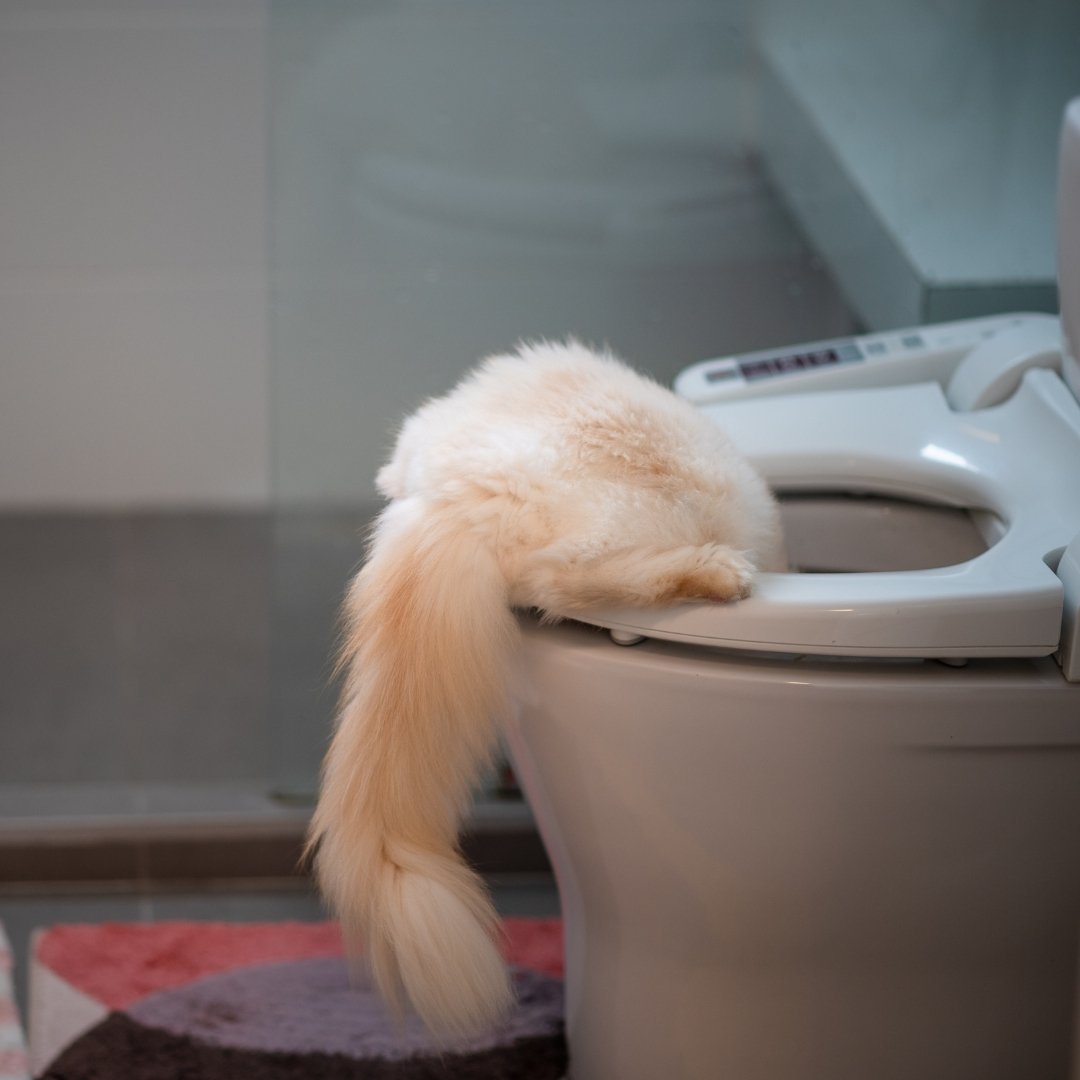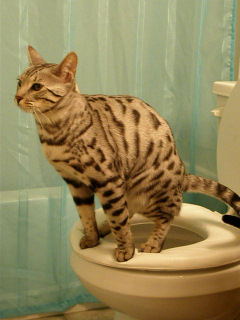Why You Shouldn't Flush Cat Poop Down Your Toilet - Preserve Your Pipe System
Why You Shouldn't Flush Cat Poop Down Your Toilet - Preserve Your Pipe System
Blog Article
How do you feel about Don’t flush cat feces down the toilet?

Intro
As feline owners, it's essential to bear in mind how we throw away our feline close friends' waste. While it might seem convenient to flush cat poop down the toilet, this method can have destructive consequences for both the environment and human health.
Alternatives to Flushing
The good news is, there are safer and much more responsible means to throw away cat poop. Take into consideration the complying with choices:
1. Scoop and Dispose in Trash
One of the most common technique of getting rid of cat poop is to scoop it right into a naturally degradable bag and throw it in the garbage. Be sure to make use of a specialized litter scoop and deal with the waste promptly.
2. Usage Biodegradable Litter
Select naturally degradable pet cat trash made from products such as corn or wheat. These trashes are eco-friendly and can be safely dealt with in the garbage.
3. Bury in the Yard
If you have a lawn, consider burying pet cat waste in an assigned location away from vegetable yards and water sources. Make sure to dig deep adequate to avoid contamination of groundwater.
4. Install a Pet Waste Disposal System
Purchase a pet waste disposal system especially developed for cat waste. These systems utilize enzymes to break down the waste, lowering odor and ecological influence.
Health Risks
In addition to ecological problems, flushing cat waste can likewise posture health dangers to people. Pet cat feces might contain Toxoplasma gondii, a parasite that can trigger toxoplasmosis-- a possibly serious ailment, particularly for pregnant ladies and individuals with damaged body immune systems.
Ecological Impact
Flushing feline poop presents hazardous microorganisms and bloodsuckers right into the water, posing a significant danger to marine ecological communities. These impurities can adversely impact marine life and compromise water high quality.
Conclusion
Responsible animal ownership expands past giving food and sanctuary-- it additionally entails correct waste administration. By avoiding flushing cat poop down the bathroom and selecting different disposal techniques, we can lessen our ecological impact and safeguard human wellness.
Why You Should Never Flush Cat Poop Down the Toilet
A rose by any other name might smell as sweet, but not all poop is created equal. Toilets, and our sewage systems, are designed for human excrement, not animal waste. It might seem like it couldn’t hurt to toss cat feces into the loo, but it’s not a good idea to flush cat poop in the toilet.
First and foremost, assuming your cat uses a litter box, any waste is going to have litter on it. And even the smallest amount of litter can wreak havoc on plumbing.
Over time, small amounts build up, filling up your septic system. Most litter sold today is clumping; it is made from a type of clay that hardens when it gets wet. Ever tried to scrape old clumps from the bottom of a litter box? You know just how cement-hard it can get!
Now imagine just a small clump of that stuck in your pipes. A simple de-clogger like Drano isn’t going to cut it. And that means it’s going to cost you big time to fix it.
Parasitic Contamination
Believe it or not, your healthy kitty may be harboring a nasty parasite. Only cats excrete Toxoplasma in their feces. Yet it rarely causes serious health issues in the cats that are infected. Most people will be fine too if infected. Only pregnant women and people with compromised immune systems are at risk. (If you’ve ever heard how women who are expecting are excused from litter cleaning duty, Toxoplasma is why.)
But other animals may have a problem if infected with the parasite. And human water treatment systems aren’t designed to handle it. As a result, the systems don’t remove the parasite before discharging wastewater into local waterways. Fish, shellfish, and other marine life — otters in particular — are susceptible to toxoplasma. If exposed, most will end up with brain damage and many will die.
Depending on the species of fish, they may end up on someone’s fish hook and, ultimately on someone’s dinner plate. If that someone has a chronic illness, they’re at risk.
Skip the Toilet Training
We know there are folks out there who like to toilet train their cats. And we give them props, it takes a lot of work. But thanks to the toxoplasma, it’s not a good idea.

I was made aware of that article on How to Dispose of Cat Poop and Litter Without Plastic Bags from someone on a different blog. Those who appreciated our post kindly remember to share it. Many thanks for going through it.
Quote Report this page